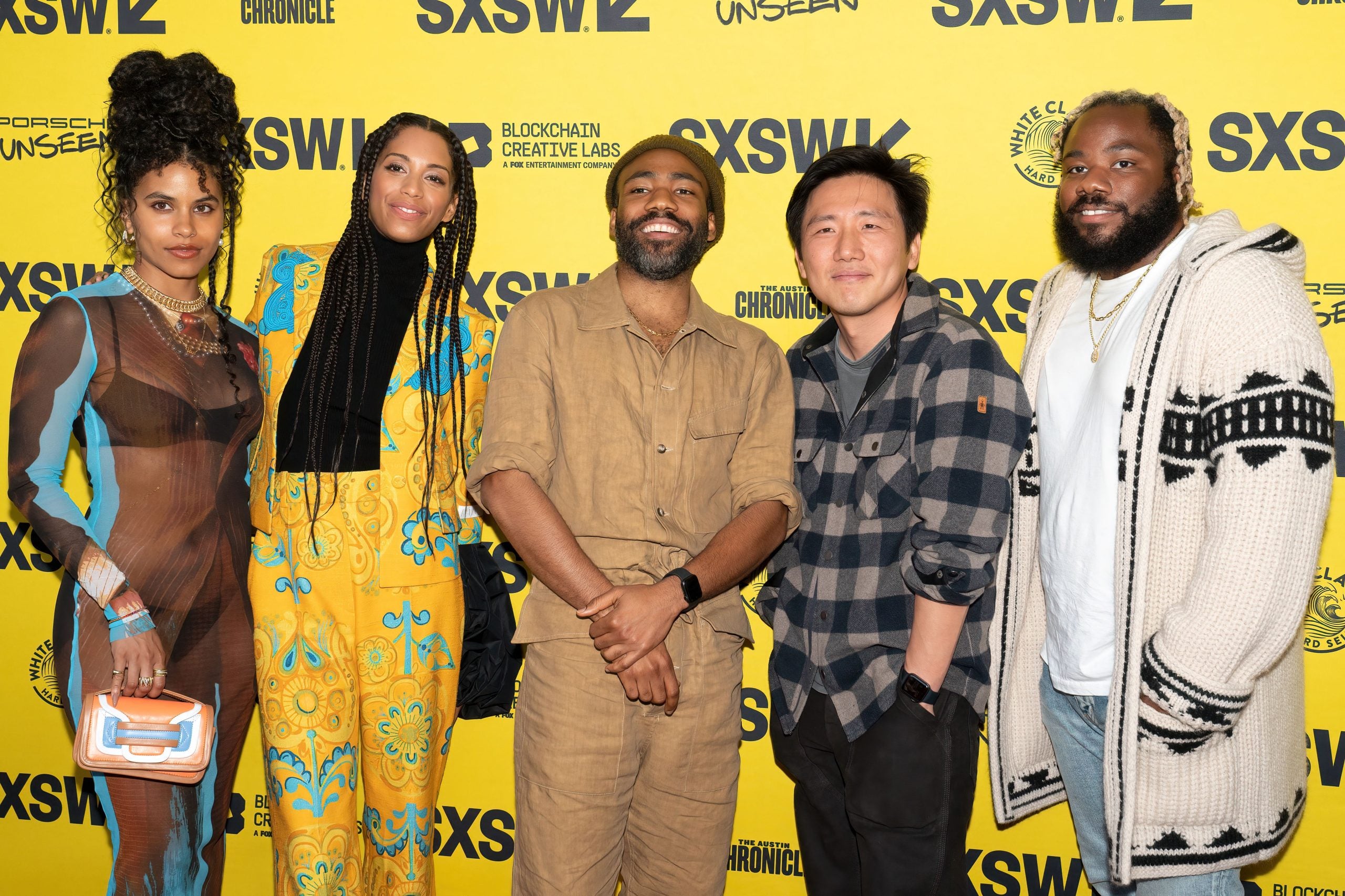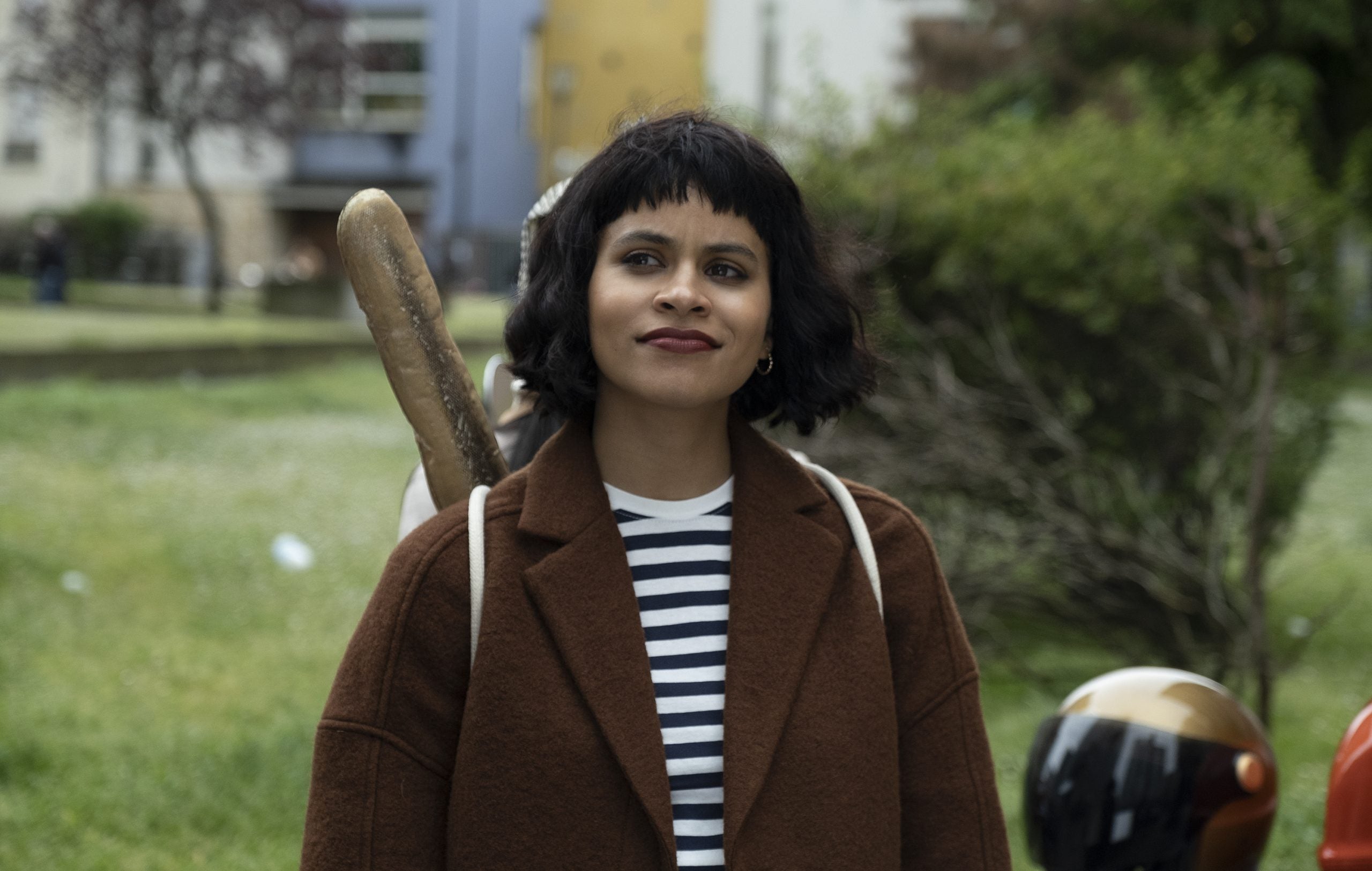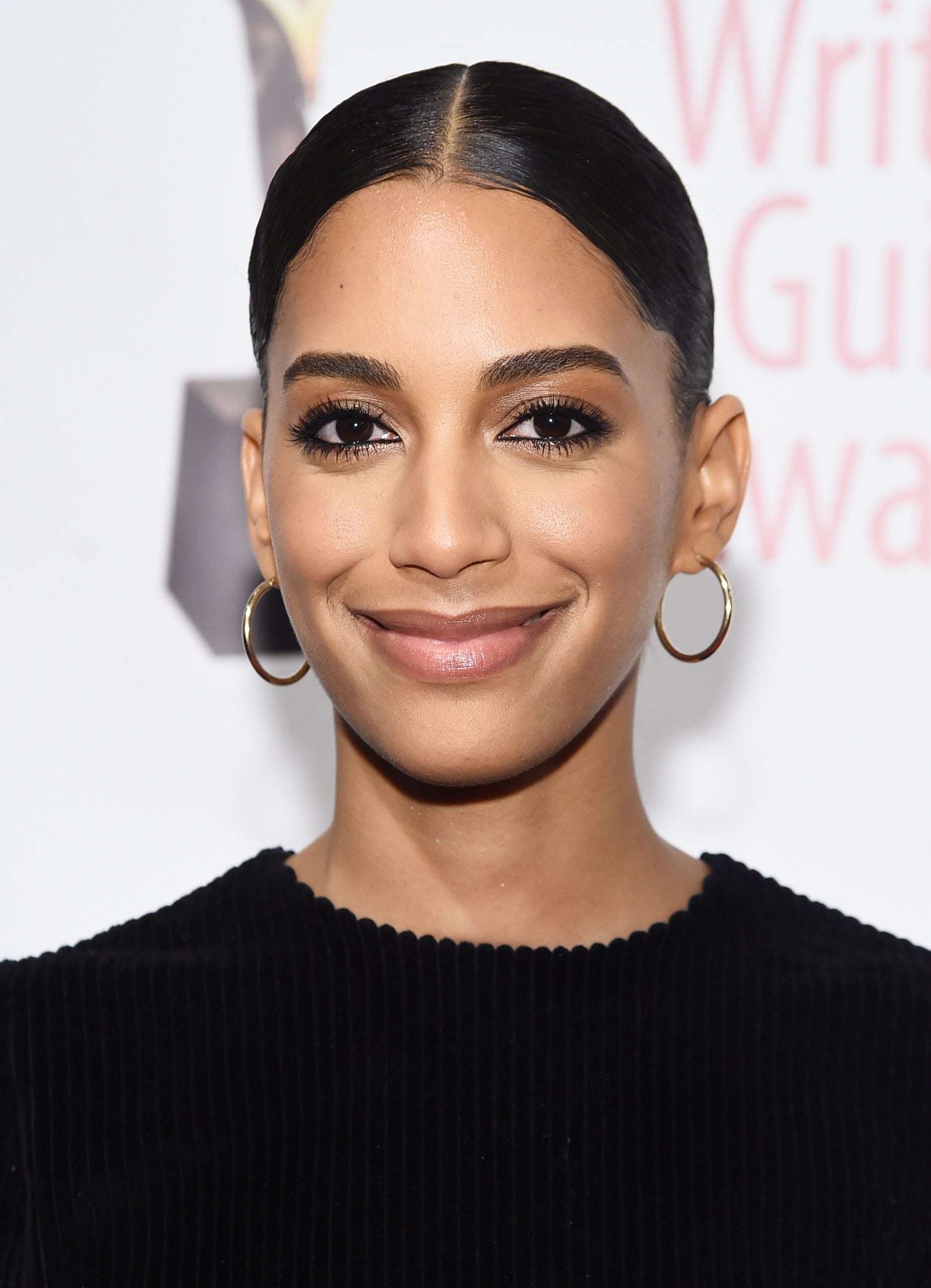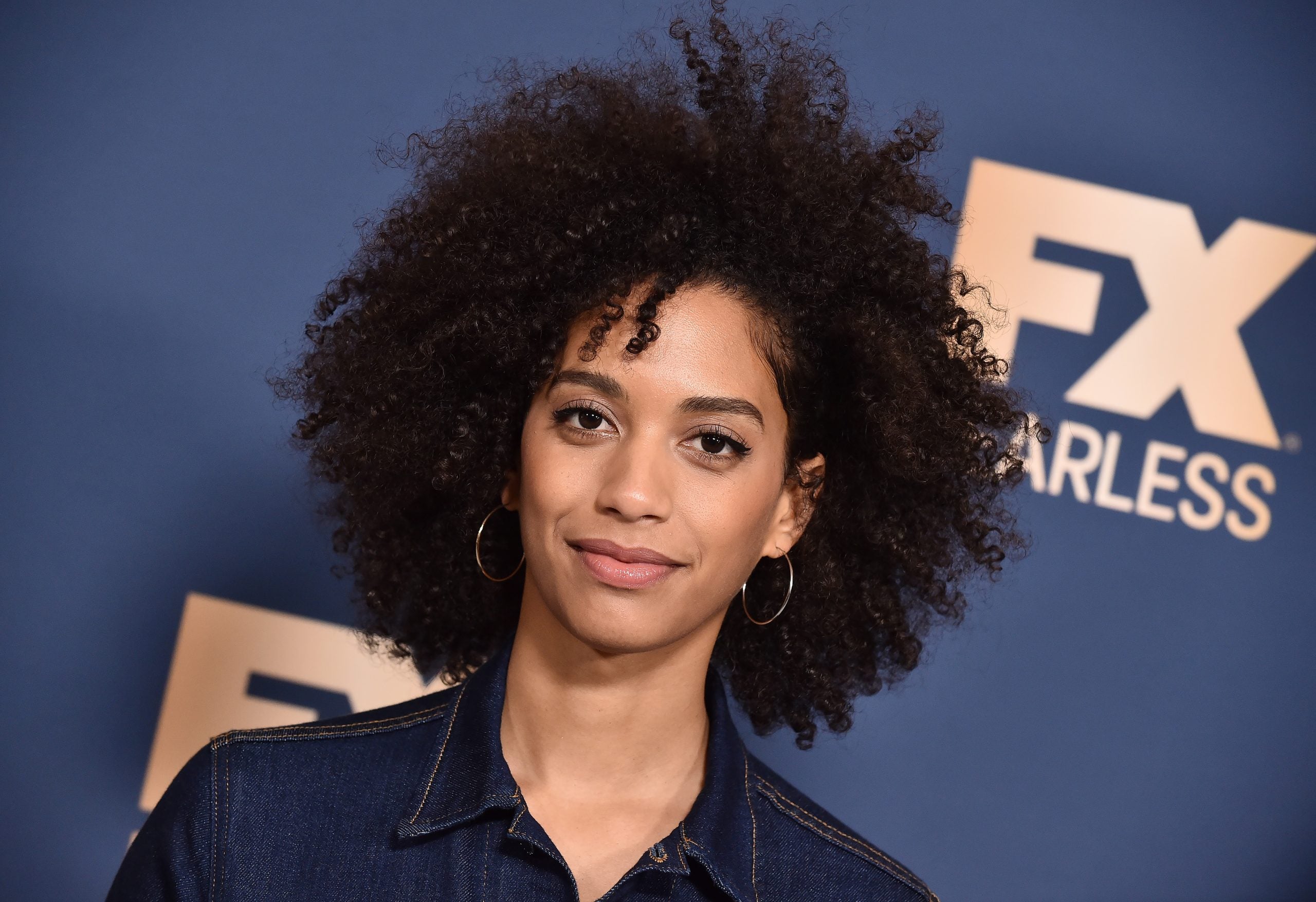
Stefani Robinson isn’t interested in playing it safe.
As the sole woman on the writing team for Atlanta on FX, she’s constantly finding a unique angle from which to illustrate a point or convey a feeling that most of us know all too well.
“I just like telling stories. I feel like my resume is a little bit chaotic because of that,” Robinson said. With credits that include the dark comedy thriller Fargo, comedic horror mockumentary What We Do In The Shadows, and the lesser-known gem surrealist romantic comedy Man Seeking Woman, it’s clear that Robinson’s humor and pen travel far beyond the parameters of the ordinary.
“I like things that feel specific and interesting and different. I think I’m less interested in something that feels completely grounded and slice-of-life naturalistic,” she continued. “I think that if you’re going to tell a story in a visual medium, why not do it as crazy or as visually stimulating or as interestingly as possible?”

Season three of Atlanta was nothing short of stimulating and interesting. Deviating from the show’s prior more linear format, this season found the series’ core cast seemingly relegated to a meandering secondary storyline, making discoveries about themselves and their interpersonal relationships while on a European concert tour with Paper Boi. Closer to the forefront were 4 self-contained episodes centering on whiteness, Blackness, and the gray area in between, set back home stateside in Atlanta (and New York). The change was a bold choice that jarred viewers from the jump, with the season’s premiere kickoff being a heart-wrenchingly funny yet resonant reimagining of the tragic story of Devonte Hart and his siblings.
“The first time I walked into the Atlanta writer’s room in season one, Donald [Glover, star and creator] was really clear about Atlanta being a show that didn’t necessarily handcuff itself to like conventional sitcom format,” Robinson said. “I think that his approach to Atlanta was, it should hopefully be a playground for us in the way that we can explore character, explore story, explore format. And he was very clear about each season sort of feeling like an album.”
In that sense, the season finale episode, “Tarrare,” serves as a fitting final track for Atlanta’s third release. Written by Robinson, the episode “closes the circle on Van and her journey” by peeling the curtain back a bit on the character’s struggle with mental health and personal identity – in the most Atlanta way possible, of course – complete with a baguette beatdown, a cameo from Alexander Skarsgård, and fried human hands for dinner.

“For me, it’s representative of what the season felt like as a whole. That sort of chaotic feeling, dealing with feeling like a fish out of water, not truly knowing oneself when they’re out of their home and placed into a different ecosystem.”
Robinson’s unique voice and viewpoint were cultivated at Emerson Film School, and surprisingly, Atlanta was her very first writing gig right out of the gate. With a career in screenwriting always her goal since high school, she sent a pilot script to FX shortly after graduation, fortunately around the same time that Glover and his team were looking to fill their writers’ room.
“{It was} a crazy transition that I would never be able to replicate again, but it was a true stars align moment,” she says of getting staffed on the show. “It just felt unlike any experience in the writer’s room that I’ve had since. So it was quite an interesting way to be introduced into the world of screenwriting, for sure.”

That golden opportunity led to roles in more FX writing rooms, and even a standing Executive Producer role on What We Do In The Shadows, the campy horror-comedy following a coven of vampires that live together on Staten Island in New York. The show’s 4th season premieres July 12.
She has also penned and produced her first feature film, Chevalier, a dramatic period piece based on the life of Joseph Bologne, Chevalier de Saint-Georges, and starring Kelvin Harrison, Jr. (star of Luce, Waves, and Monster).
The amount of high-quality opportunities that have come her way in the last decade is the stuff of dreams for most Black writers, which is a fact not lost on Robinson at all. With her first-ever staff role landing her in an atypically diverse writer’s room focused on telling stories that are authentically Black, she’s been in a unique space to use her position to advocate for more creators of color to get both in front of and behind the camera.

“There’s always work to be done,” she says of diversity in the writer’s room. “That’s the short answer. I feel like as long as I’m involved in a project, I want more Black people and I want more people of color and I always want more Black women and that’s always what I’m advocating for. I’m always very outspoken about it and I’ll say it.”
Though it remains somewhat of an uphill trek at times, Robinson is encouraged by the fact that Hollywood is steadily becoming more open and interested in the conversation. “In terms of casting, in terms of behind the camera, in terms of directing – whether or not anyone listens to me is a different thing – but, I feel like there have been strides and I think it’s something people are more conscious about.”
“We’re not tiptoeing around the subject anymore.”